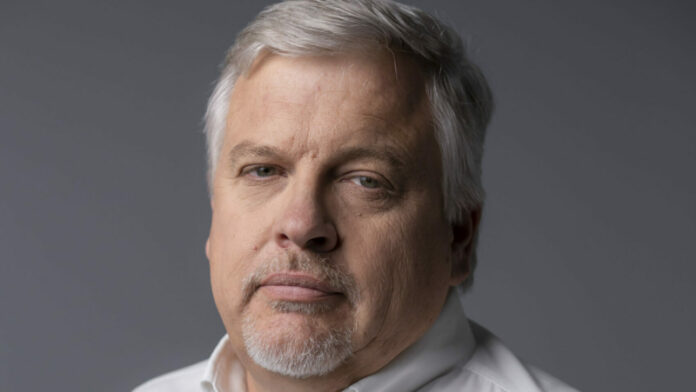
Richards Bay Minerals (RBM) still has a long slog ahead to resolve the thorny issue around its community trusts. These have been a flashpoint of unrest around its operations in KwaZulu-Natal province (KZN), and have put a $463m expansion plan on hold for the past five years and counting.
RBM, a unit of global mining giant Rio Tinto, is asking the KZN High Court to change the trust deeds to make them more transparent and to dilute the control of traditional leaders – an issue that has been a sticking point with other mining companies that have seen such transactions come unstuck.
The trusts were formed in 2009 as part of RBM’s black economic empowerment (BEE) requirements.
“Current indications are that we won’t get a court date before April next year. Which is not great,” Werner Duvenhage, MD of RBM, said in an interview with Miningmx.
Not great indeed as 2024 is an election year in South Africa and KZN is a hot spot for political violence and gangsterism.
RBM has been in the crosshairs of criminal gangs linked to the community unrest around its operations, which mine mineral-rich sands that yield zircon, rutile, iron and slag, materials used in a range of products including toothpaste and sunscreen.
GM Nico Swarts was murdered in May 2021 on his way to work. In the face of escalating violence, RBM declared a force majeure on RMB’s customer contracts that lasted for almost nine months.
But Duvenhage is cautiously optimistic, noting that the criminality that has bedevilled RBM has been significantly reduced in large part because of a police task force that has been working with the company.
“Our crime is not getting worse, in fact I would say that we are making some positive progress. The police have provided us with very good support over the last 12 to 24 months,” he said.
This is part of a wider trend that has seen increased stability around other mining operations, including on the turbulent eastern limb of the platinum belt, where police and producers have also joined forces to contain unrest and criminality.
On the issue of the trusts, Duvenhage said it was not RBM’s intention to replace them.
“We don’t want to create new trusts, that’s not the intention. We don’t want to take control of the trusts. We want to have a bit more insight so that we know if they’re functioning or not. What we really wanted to see was better governance with more independent trustees running the trusts, and where there is more transparency and the community participates better in the decisions and in getting regular feedback.”
Five years have passed and a lot of things have changed, but essentially we still want to fully develop the project. It might be significantly different
One problem that has emerged is the control wielded by traditional leadership, which is also a direct beneficiary – a state of affairs that Duvenhage described as a “conflict of interest”.
“According to how the trust deeds are currently formulated the Inkhosi, the chief, appoints all trustees. He’s also a direct beneficiary currently in which he receives 10% of the money that comes from dividends from RBM. So there’s a conflict of interest there,” he said.
This mirrors other flare-ups around community trusts linked to tribal authorities, who have considerable power in the former homelands where most black South Africans were forced to reside under apartheid. Anglo American Platinum and Impala Platinum have both had to contend in the past with the fallout from trusts that were seen to benefit rural royalty instead of the wider community.
“We just want to see certain provisions in the trusts amended so that we can see good governance and a lot of independence and real benefits coming through to the grassroots community,” Duvenhage said.
The stakes are very high. Resolving the issue and dousing the embers of community grievances would help pave the way for the development of Zulti South, a long-delayed expansion project last estimated to cost $463m.
“Five years have passed and a lot of things have changed, but essentially we still want to fully develop the project. It might be significantly different,” Duvenhage said, without elaborating, when asked if the passage of time may have altered the project’s blueprint.
“All of our efforts on stabilising the environment around RBM have been focused on how do we create a stable environment for new investment?”










